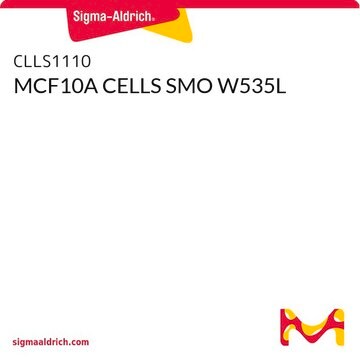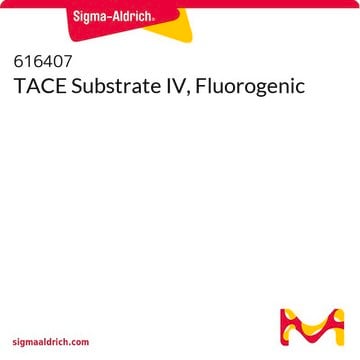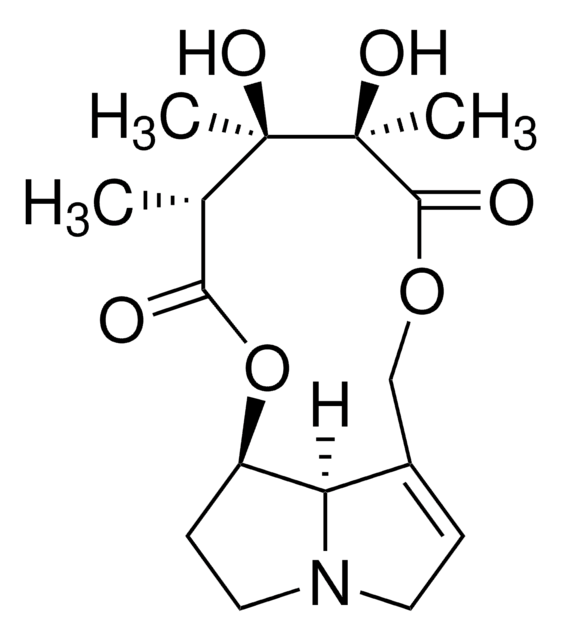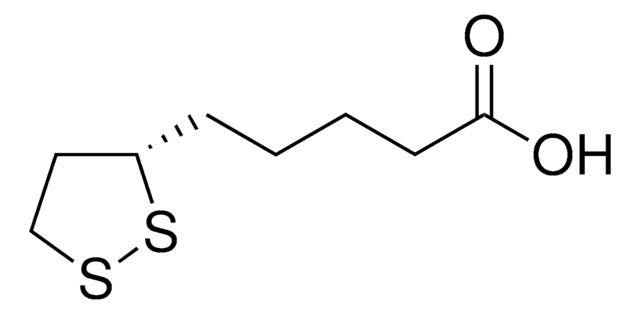C1860
Anti-Clathrin Heavy Chain antibody, Mouse monoclonal
clone TD.1, purified from hybridoma cell culture
About This Item
Empfohlene Produkte
Biologische Quelle
mouse
Konjugat
unconjugated
Antikörperform
purified immunoglobulin
Antikörper-Produkttyp
primary antibodies
Klon
TD.1, monoclonal
Form
buffered aqueous solution
Mol-Gew.
antigen 180-192 kDa
Speziesreaktivität
rat, human, bovine, mouse
Konzentration
~2 mg/mL
Methode(n)
immunocytochemistry: suitable
immunoprecipitation (IP): suitable
microarray: suitable
western blot: 2-4 μg/mL using whole extract of cultured rat adrenal pheochromocytoma PC-12 cells.
Isotyp
IgG1
UniProt-Hinterlegungsnummer
Versandbedingung
dry ice
Lagertemp.
−20°C
Posttranslationale Modifikation Target
unmodified
Angaben zum Gen
human ... CLTC(1213)
mouse ... Cltc(67300)
rat ... Cltc(54241)
Allgemeine Beschreibung
Immunogen
Anwendung
Western Blotting (1 paper)
Physikalische Form
Haftungsausschluss
Sie haben nicht das passende Produkt gefunden?
Probieren Sie unser Produkt-Auswahlhilfe. aus.
Lagerklassenschlüssel
12 - Non Combustible Liquids
WGK
WGK 3
Flammpunkt (°F)
Not applicable
Flammpunkt (°C)
Not applicable
Analysenzertifikate (COA)
Suchen Sie nach Analysenzertifikate (COA), indem Sie die Lot-/Chargennummer des Produkts eingeben. Lot- und Chargennummern sind auf dem Produktetikett hinter den Wörtern ‘Lot’ oder ‘Batch’ (Lot oder Charge) zu finden.
Besitzen Sie dieses Produkt bereits?
In der Dokumentenbibliothek finden Sie die Dokumentation zu den Produkten, die Sie kürzlich erworben haben.
Unser Team von Wissenschaftlern verfügt über Erfahrung in allen Forschungsbereichen einschließlich Life Science, Materialwissenschaften, chemischer Synthese, Chromatographie, Analytik und vielen mehr..
Setzen Sie sich mit dem technischen Dienst in Verbindung.







